Moroccan cinema, rich in its diversity and depth, reflects the country’s complex cultural heritage, blending Arab, Berber, African, and European influences. This unique mix offers a fertile ground for storytelling, from social dramas to historical epics. Here, we explore the Top 5 Moroccan Movies, that have made significant impacts both locally and internationally, showcasing the talent and creativity of Moroccan filmmakers.
Ali Zaoua: Prince of the Streets (2000)
This poignant drama follows the story of a group of street children in Casablanca who dream of giving their deceased friend a proper burial. “Ali Zaoua” is a touching exploration of friendship, loss, and survival on the margins of society. The film delves into the harsh realities faced by street children, showcasing their resilience and solidarity in the face of adversity. Ayouch’s compassionate storytelling and the remarkable performances by the young cast make this film a standout in Moroccan cinema.
Horses of God (2012)
Inspired by true events, “Horses of God” is a harrowing tale of childhood and terrorism set in the slums of Casablanca. It follows the lives of two brothers who are gradually radicalized until they participate in the devastating 2003 Casablanca bombings. Director Nabil Ayouch delves deep into the socio-economic disparities and psychological manipulation that led to radicalization, offering a poignant critique of the conditions that breed violence. The film’s gritty realism and empathetic portrayal of its characters make it a standout piece of Moroccan cinema.
Burnout (2017)
This film is a gritty narrative that delves into the lives of different characters from various social backgrounds in Casablanca, portraying their struggles to overcome personal and societal challenges. “Burnout” is a deep dive into the heart of urban Morocco, showcasing the interconnectedness of human experiences. Lakhmari’s direction brings out the raw emotions of his characters, making it a compelling drama that highlights the resilience of the human spirit.
Razzia (2017)
“Razzia” is a mosaic of stories set in Casablanca, drawing parallels between the city in the 1980s and the present day. It weaves together the lives of several characters, including a hopeful teacher, a rebellious teenager, and a struggling restaurateur, each fighting for freedom and self-expression. The film is a bold commentary on the societal pressures and cultural conflicts within Morocco, showcasing Ayouch’s skill in storytelling and his ambition to address pressing issues through cinema.
The Blue Caftan (2022)
This beautiful film tells the story of a married couple running a caftan shop in Morocco, exploring themes of love, tradition, and forbidden desire. The husband, harboring a secret, and his wife, dealing with her own emotions and the arrival of a handsome apprentice, create a complex web of relationships. “The Blue Caftan” is notable for its sensitive portrayal of LGBTQ+ themes within a conservative society, offering a rare glimpse into the challenges faced by individuals going against societal norms. Touzani’s film is both visually stunning and emotionally resonant, making it a significant contribution to Moroccan and global cinema.
These films, each in their own way, contribute to the rich tapestry of Moroccan cinema, offering insights into the country’s complex society, vibrant culture, and the universal human experience. They not only entertain but also provoke thought, challenge perceptions, and open dialogues, showcasing the power of Moroccan storytelling on the world stage.

